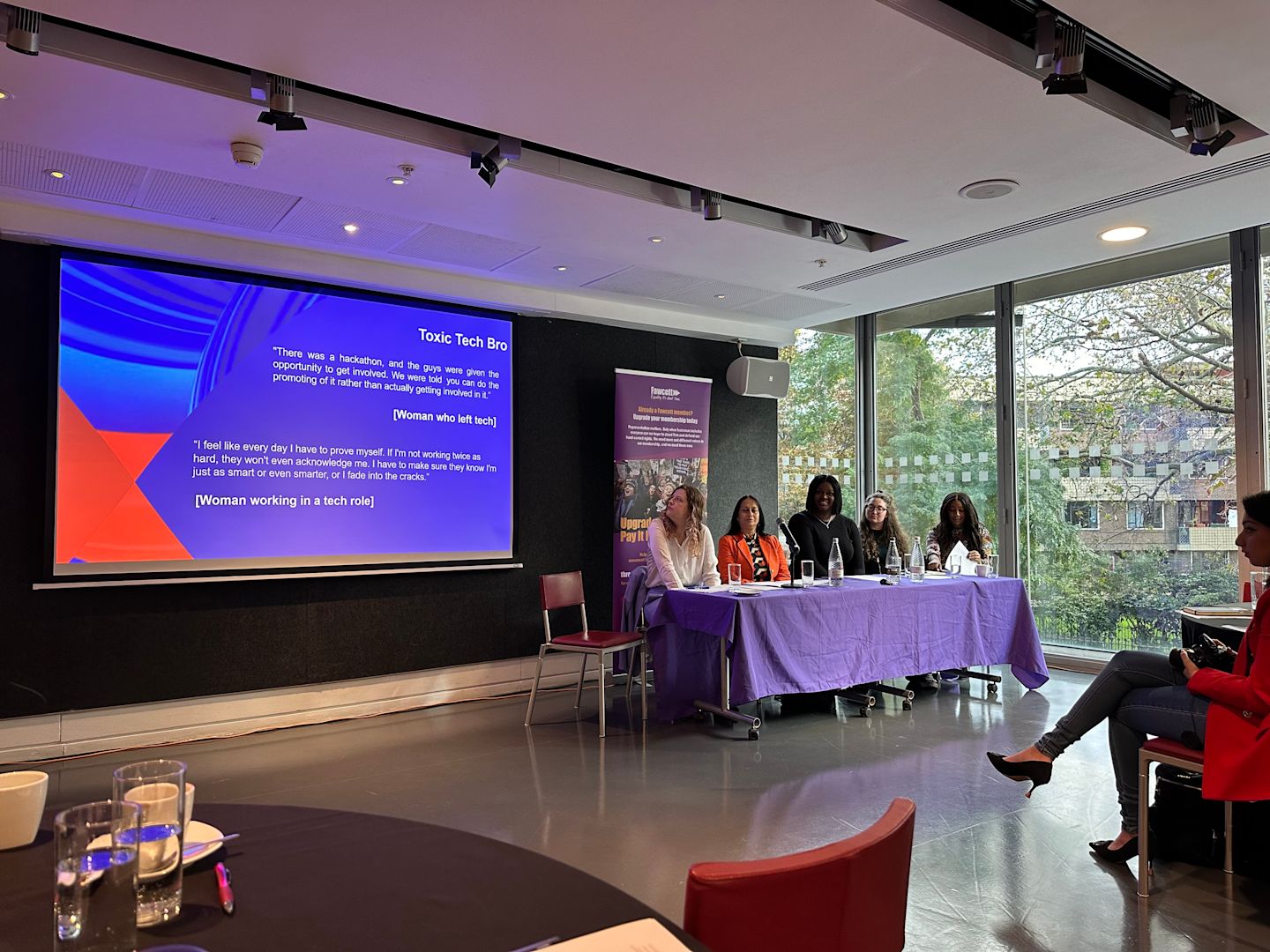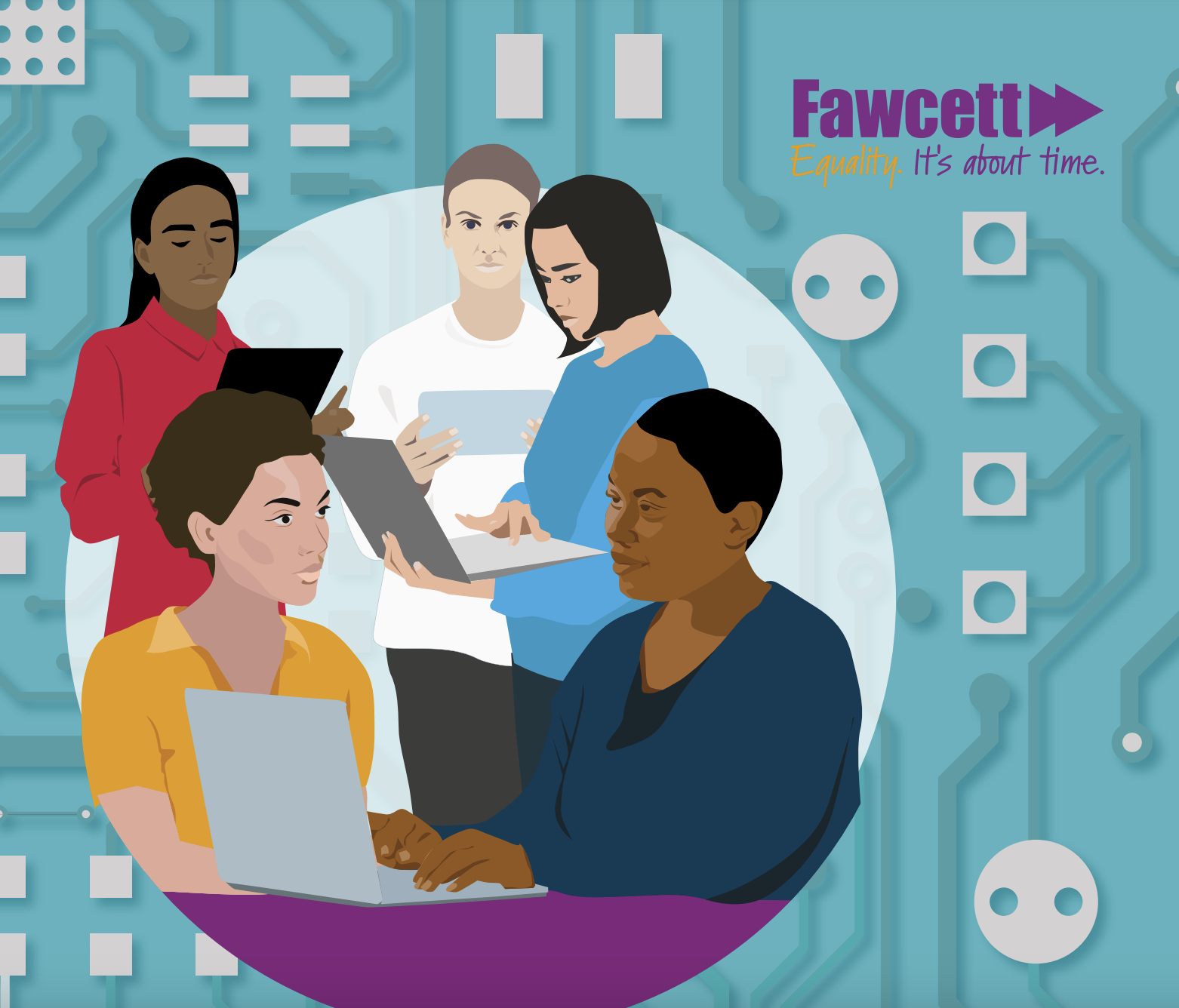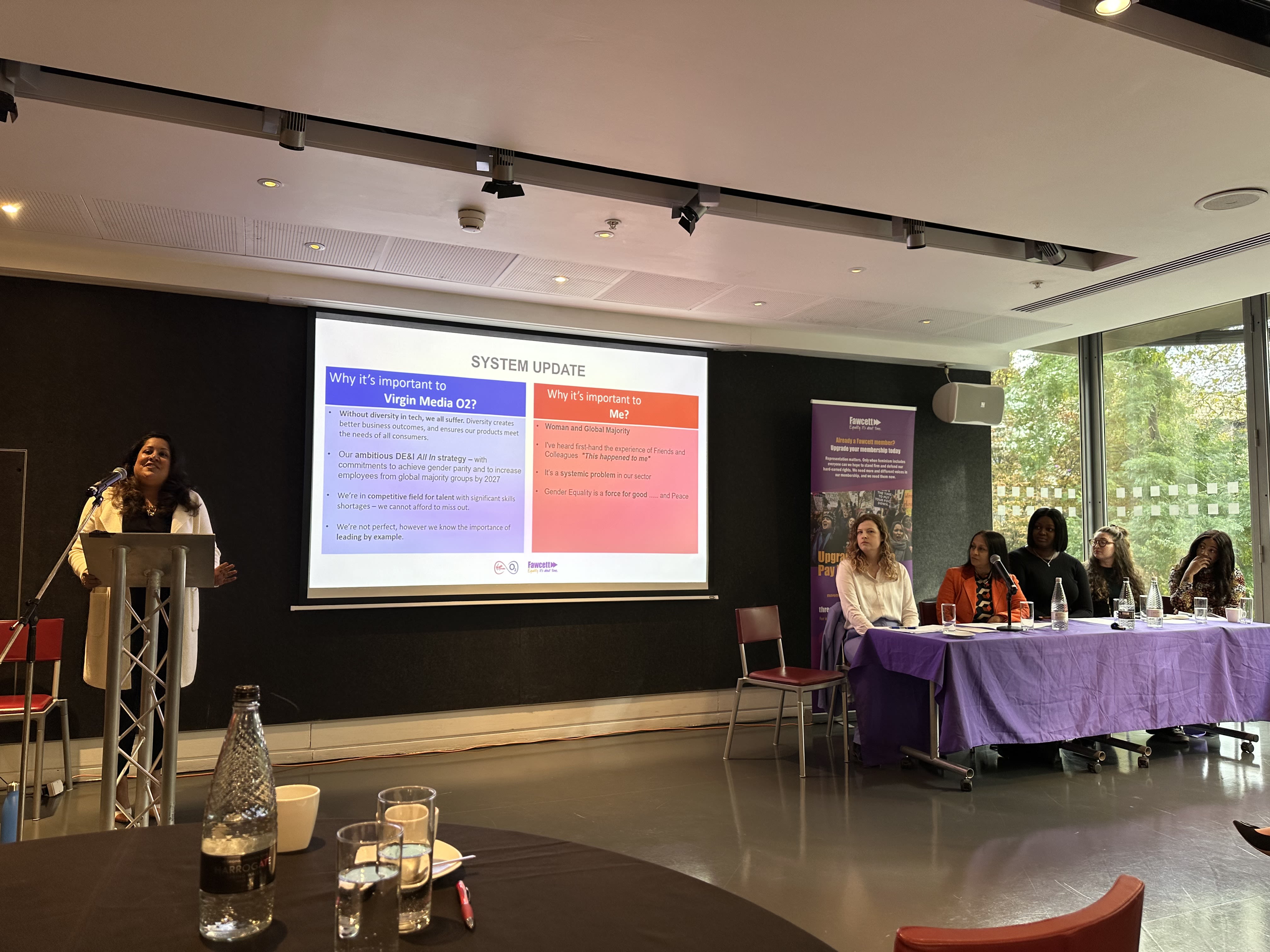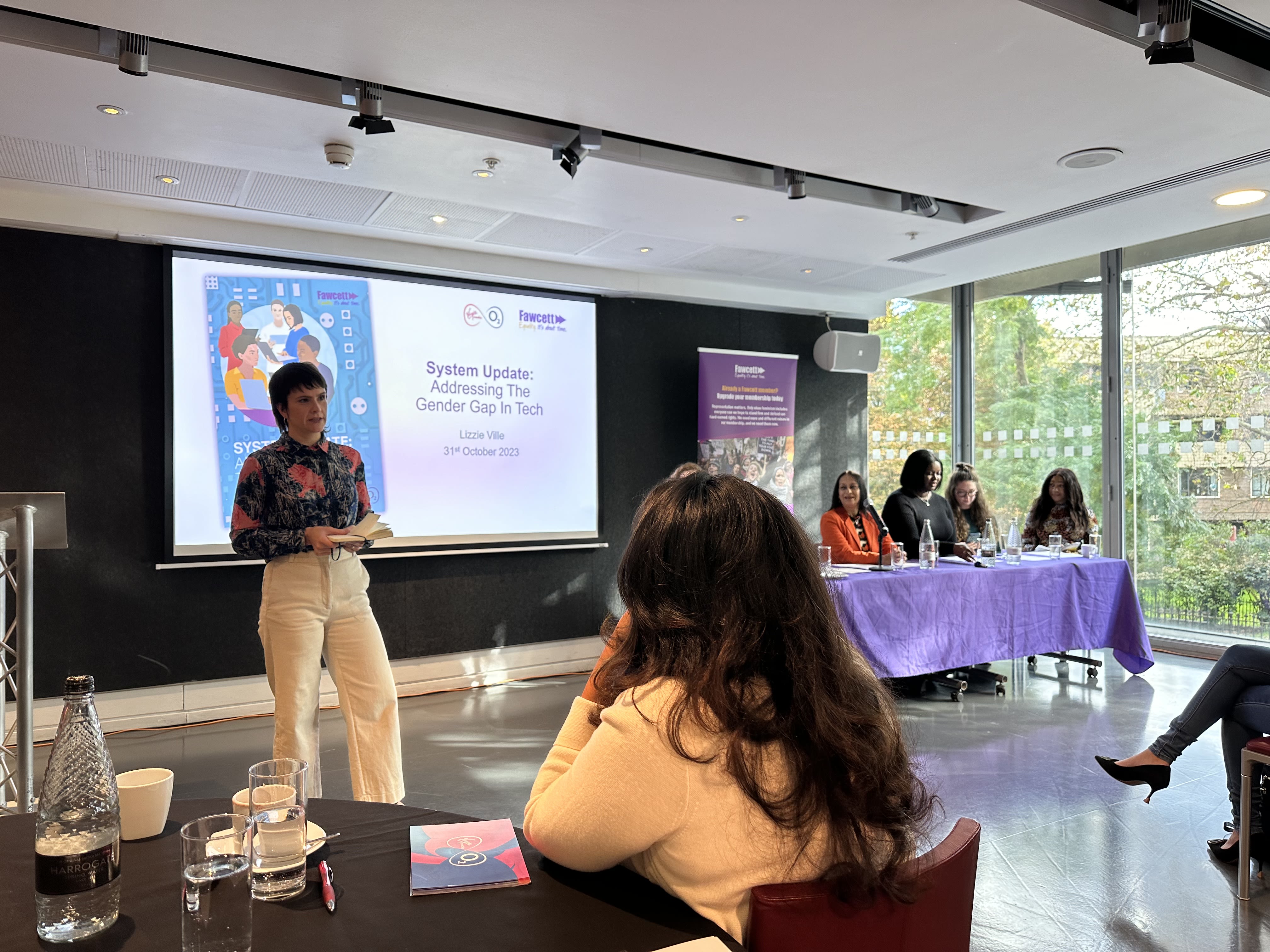Addressing the gender gap in tech
It’s so concerning to see new research from the Fawcett Society and Virgin Media O2 has revealed how a toxic ‘tech bro’ culture is driving women away from the sector and limiting its growth. In fact, the research found that one in four women consider leaving their jobs on a weekly basis. This is deeply concerning.
The research also found that one in five men in tech roles think women are less suited to working in the sector, and 72% of women in tech roles have experienced at least one form of sexism at work. These findings are disturbing on many levels. Secondly, businesses miss out on a wealth of talent by pushing women away from the industry. Given that an estimated £1.5 billion is lost every year due to a shortage of STEM skills in the UK, it’s a gap that can’t be ignored. As Jemima Olchawski, Chief Executive of the Fawcett Society, put it:
It makes no sense that in the midst of a skills shortage so many capable and talented women are either locked out of the sector or choosing to leave. All of this means tech firms are missing out on a wealth of talent and both women and our economy are being held back.
While the findings are alarming, it’s encouraging to see businesses rising to the issue. Indeed, this is why Virgin Media O2 commissioned the report. The team is on a digital transformation and they understand the key to their success is attracting and retaining diverse talent with digital skills needed now and in the future. I’m so proud of the company’s bold ambitions to achieve gender parity and its extensive ‘All In’ DE&I strategy. As Nisha Marwaha, Director of People Relations and DE&I at Virgin Media O2, said at a panel event in London to launch the report:
Diversity drives better outcomes and we all suffer without it… Gender equality is a force for good.
As the report says, the tech sector has an image problem and it is not enough to shrug off this toxic ‘tech bro’ culture. Addressing the issue will take a complete culture shift and systemic change. As one report interviewee said: “I love the cake on International Women’s Day, but it does not make the culture change.” Susanne Sos, who joined the report’s launch event panel and contributed to the research, said:
Even though I was able to get into the industry, I was still always knocking on the door. You’re allowed a seat at the table, but it’s a silent seat.
To drive this change, the report included some brilliant recommendations that I wanted to share with you all:
Reducing bias at application: Ensuring job advertisements promote all reasonable flexible work options by default; banning salary history questions; using gender-neutral language; and setting targets to improve the representation of women and underrepresented groups.
Countering stereotypes and broadening access to tech: Expanding and supporting programmes teaching tech skills to people of all ages; offering returner programmes; countering gender stereotypes in school curricula; and providing greater funding for tech expertise in education.
Normalising and expanding flexible and part-time work and parental leave: Establishing clear, fair and transparent processes for flexible work requests; reforming parental leave systems to support both parents; and encouraging men to take paternity leave. As Vanessa Chiedza Sanyauke, founder of The Hill app and CEO of Girls Talk Corporation, said during the panel: “So long as the work is getting done, does is matter where or when? We need to focus on productivity.”
Promoting an inclusive social culture: Developing anti-racism and misogyny action plans; creating transparent reporting mechanisms for grievances and harassment, including monitoring which complaints are upheld; conducting exit interviews; and providing support for employees affected by workplace discrimination.
Providing equitable training, pay and progression: Ensuring pay transparency and promotion criteria clarity; documenting salary grades and conducting pay and bonuses audits to address disparities; and calling on the government to mandate the publishing of both gender and ethnicity pay gap data. As Susanne said on the panel: “The higher up in tech you go, the worse it gets…once you get in, you’re expected to solve all of the organisation’s racial and gender discrimination problems on top of your job, and you’re not being paid for it.”
Such powerful insights, and I would encourage everyone to read the report and share its findings. Thank you to both the Fawcett Society and Virgin Media O2 for investigating this issue and providing such an in-depth understanding of the sector. This is what we need to drive concrete action.





